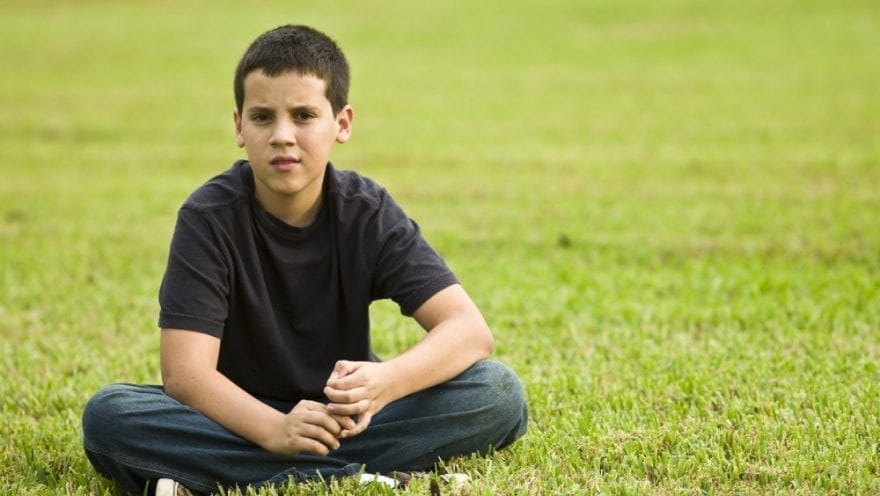The debate about whether children should have a voice in cases which decide their future was recently reignited. The BBC reported (Should children be heard in English family court cases?) that some children and campaigners supported by some senior family law judges wanted to see a change in the law to allow children to speak to the judge in their case, if they so choose.
Is this a sensible idea or not?
The current position regarding the child’s voice
At present children have no right to speak to a judge that might be deciding a case about their future and whether they should live with, mum, dad or neither of their parents.
An independent organisation called CAFCASS is appointed in cases involving children to report to the court and the judge about what is in the best interest and welfare of the children. Where a child is about 8 years or older CAFCASS can also send a report to the court setting out what that child’s ‘wishes and feelings’ are about the case.
However, even with older children and teenagers they rarely get to meet a judge or speak to them personally.
Therefore, some children and particularly older ones must naturally feel they have no say in any decision about them and this can feel very unfair.
The advantages of children speaking directly to a judge
Giving a child a voice in family proceedings would help children feel that are properly part of a process which is making decisions about them. It could help them feel involved and that they too have a say. For older children it could be an invaluable way to try and assist them to come to terms with the situation they find themselves in.
The disadvantages of children speaking directly to a judge
For younger children it may not be so appropriate as they may feel under pressure to say the right thing or feel intimidated by having to meet a judge even if that is just in an office rather than a courtroom.
It is a complex debate and there is probably no one answer that fits all, as every case about children is different and every child is different. As a result, a change in the law that sees all children from a certain age automatically made to speak to the judge is probably not right.
As in most family law matters but particularly sensitive ones which involve children it is very important that each case is considered individually, which is why it is also very important to take specialist and bespoke advice about such issues.
Luci Larkin
Family law solicitor, Barnet


